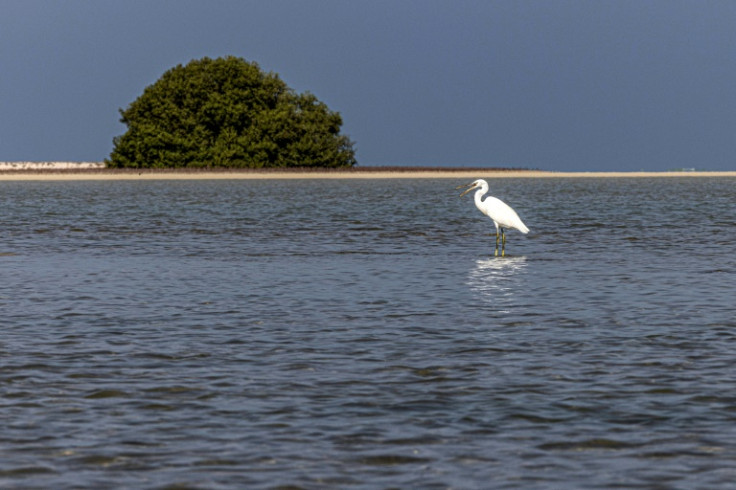UN's 'Last Chance' Climate Talks To Preserve Biodiversity Under Way In Montreal

World leaders, environmental scientists and climate activists opened a global climate conference Thursday that may be the "last chance" to reverse nature's decline, the U.N.'s top biodiversity official said.
"Biodiversity is the foundation of life. Without it, there is no life," Elizabeth Maruma Mrema told BBC Radio.
The U.N. Biological Diversity Conference runs through Dec. 19 in Montreal. Experts are warning that if the 196 countries under the U.N. Convention on Biological Diversity don't agree on a deal by the end of the conference, then it will be almost impossible to save what's left of the world's wildlife and natural lands.
"The targets in that [Global Biodiversity Framework] are a roadmap to, by 2030, reverse and halt the loss of biodiversity, which has reached rates unprecedented in the history of humankind," Mrema said to the BBC.
The so-called COP15 meeting follows November's COP27 climate conference held in Egypt. The U.N. has warned of possible climate calamity globally as countries have not been meeting the standards set to curb carbon emissions and impact climate change.
The U.N. released two reports ahead of COP 27 highlighting the importance of climate action and that severe environmental damage has already happened at irreversible levels. A UNESCO report on glaciers at World Heritage sites found that one-third of U.N.-protected glaciers will disappear by 2050 regardless of actions taken now to prevent further climate change.
A separate report from the U.N. Environmental Program on the emissions gap found the international community has fallen flat on its promises to curb emissions. The report said only an urgent global system-wide transformation will be able to "avoid climate disaster."
The conference is in Canada but hosted in partnership with China. China was scheduled to hold the event in 2020 event but postponed due to COVID-19. In 2019 ahead of the 2020 conference, the UN reported that 1 million species were at risk of extinction. Extinction and species protection are expected to play a significant role in COP15. The conference revolves around creating a post-2020 biodiversity framework, and the issues highlighted in the 2019 report have not been adequately addressed.
COP15 focuses on the greater biological and environmental impact of climate change and the longevity of life on earth. There is a list of 20 targeted goals for conversation during the conference. One large goal is that all participating countries pledge 30% of their sea and land areas to be protected for conservation. A bigger political sticking point will be a conversation about indigenous communities' role and contribution to protecting natural land and resources.
"We've already degraded 75% of the Earth's surface and more than 60% of the marine environment," Mrema told the BBC, saying that action cannot be postponed "or there would be no future for our children and grandchildren."
During his speech opening the COP15, UN Secretary-General Antonio Guterres said humanity is committing "suicide by proxy."
"With our bottomless appetite for unchecked and unequal economic growth, humanity has become a weapon of mass extinction," Guterres said.
© Copyright IBTimes 2025. All rights reserved.





















